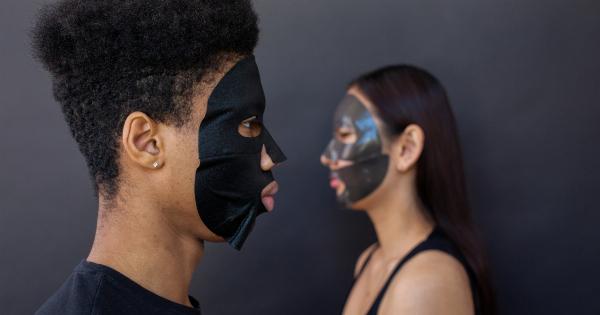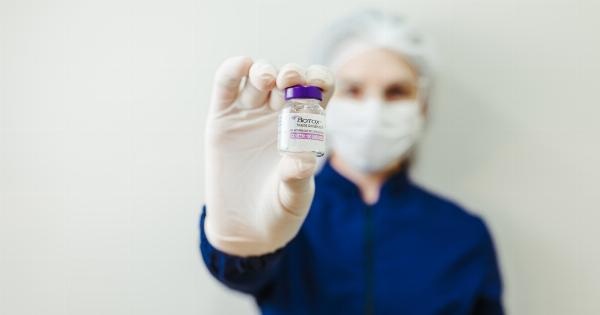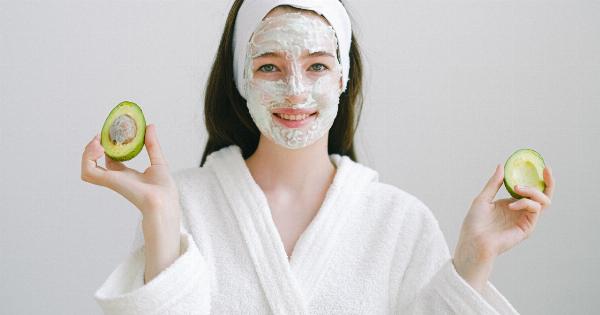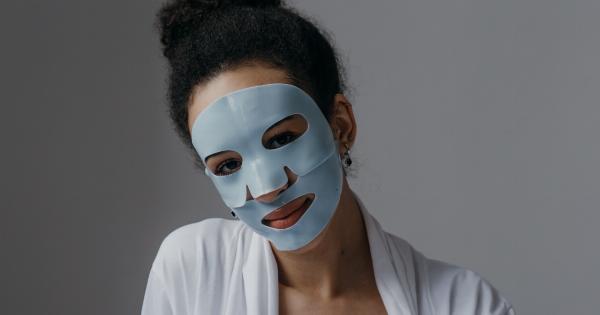As we age, our skin goes through various changes that often result in the appearance of fine lines, wrinkles, and other signs of aging.
Many individuals seek out effective solutions to maintain a youthful complexion and minimize the visible effects of aging. Among the multitude of skincare ingredients available, retinol has gained significant popularity for its remarkable anti-aging properties. Let’s explore the magic of retinol and how it can help you achieve younger-looking skin.
Understanding Retinol
Retinol is a derivative of vitamin A, which plays a crucial role in maintaining healthy skin. It is one of the most widely recognized and scientifically proven ingredients in the skincare industry.
Retinol has the ability to penetrate deep into the skin and stimulate collagen production, improving skin texture and reducing the appearance of fine lines and wrinkles.
The Benefits of Retinol
Retinol offers a multitude of benefits that contribute to achieving younger-looking skin:.
1. Reduction of Wrinkles and Fine Lines
Retinol stimulates collagen production, a protein responsible for providing structure to the skin. As we age, collagen production slows down, resulting in the formation of wrinkles and fine lines.
By incorporating retinol into your skincare routine, you can enhance collagen production, visibly reducing the appearance of wrinkles and fine lines, and promoting smoother skin.
2. Improvement of Skin Texture
Retinol has exfoliating properties that help shed dead skin cells, revealing fresh and radiant skin underneath. Regular use of retinol can improve skin texture, making it smoother, softer, and more even-toned.
3. Minimization of Hyperpigmentation and Dark Spots
Hyperpigmentation and dark spots are common skin concerns that often arise from sun damage, hormonal changes, or acne scars.
Retinol aids in reducing the appearance of these blemishes by accelerating cellular turnover and promoting the growth of new, healthy skin cells.
4. Prevention and Treatment of Acne
Retinol’s ability to unclog pores and regulate oil production makes it an excellent choice for individuals struggling with acne-prone skin.
It helps promote a clearer complexion by preventing the formation of acne-causing bacteria and reducing inflammation.
5. Enhanced Skin Firmness and Elasticity
As we age, our skin loses its firmness and elasticity, leading to sagging and drooping. The collagen-boosting effect of retinol helps improve skin’s elasticity and firmness, giving it a more youthful and supple appearance.
6. Protection against Environmental Damage
Retinol acts as an antioxidant, neutralizing free radicals and protecting the skin from environmental damage caused by factors such as UV radiation and pollution. By reducing oxidative stress on the skin, retinol helps minimize the signs of aging.
7. Improvement in Skin Tone and Radiance
By promoting cell turnover and stimulating the production of new skin cells, retinol helps achieve a more even skin tone and radiant complexion. It can fade away dullness and discoloration, leaving your skin looking brighter and more youthful.
Using Retinol Safely
While retinol is undoubtedly a powerful skincare ingredient, it is essential to use it safely to avoid irritation and other side effects. Here are a few guidelines to follow:.
1. Start Slowly
Begin by using retinol products with a lower concentration and gradually increase usage over time. This helps your skin build tolerance and minimizes the risk of irritation.
2. Avoid Sun Exposure
Retinol increases skin sensitivity, making it more prone to sunburn. To protect your skin, always apply sunscreen with a high SPF during the day when using retinol.
It is best to use retinol products at night to avoid any potential reaction with sunlight.
3. Moisturize Adequately
As retinol can potentially cause dryness and flakiness, it is crucial to keep your skin moisturized. Opt for a non-comedogenic moisturizer to prevent clogged pores while providing hydration to your skin.
4. Avoid Harsh Exfoliants
Combining retinol with harsh exfoliating products can lead to skin irritation. Be gentle with your skin and avoid using abrasive scrubs or chemical peels while integrating retinol into your routine.
5. Consult a Dermatologist
If you are new to retinol or have particularly sensitive skin, it is always advisable to consult a dermatologist. They can recommend the best retinol products for your skin type and provide personalized advice tailored to your needs.
Conclusion
Incorporating retinol into your skincare routine can work wonders in achieving younger-looking skin.
Its ability to stimulate collagen production, reduce wrinkles, improve skin texture, and minimize hyperpigmentation has made it a beloved ingredient among skincare enthusiasts. By following proper usage guidelines and consulting a dermatologist if necessary, you can unlock the magic of retinol and enjoy the transformative effects it has on your skin’s appearance.































